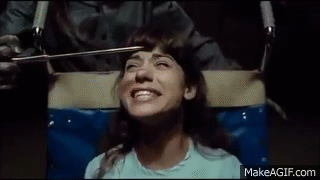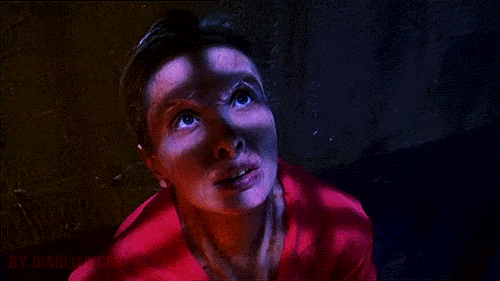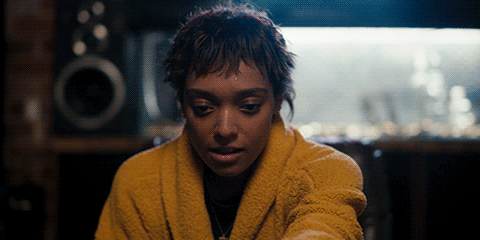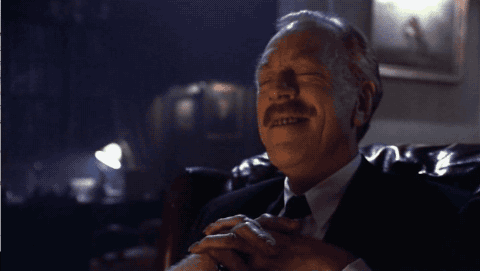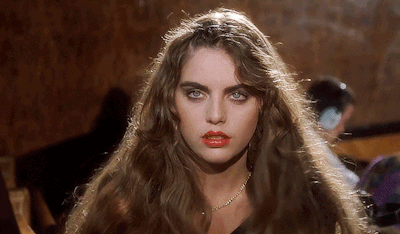Mike's a FlanaFan of both...
#69
The Haunting (1963): 9/10
#70
The Innocents (1961): 10/10

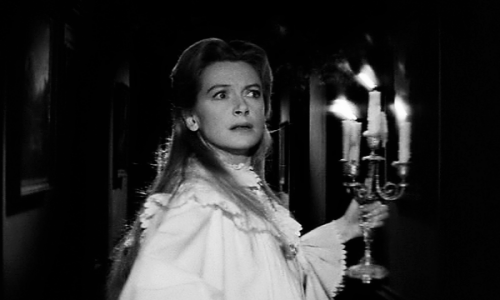
A pair of classy B&W chillers -- that would later inspire a pair of recent Netflix miniseries adaptations of their respective source materials by director Mike Flanagan -- were on deck for today.
The Haunting is about an investigation into the legendary Hill House, and the spirits that supposedly lurk within the canted maze of corridors that make up the interior -- led by Dr. John Markway (Richard Johnson), who assembles a pair of women with psychic abilities, brashly flirtatious Theodora (Claire Bloom) and skittish wallflower Eleanor Lance (Julie Harris), along with the heir to the house, Luke Sannerson (Russ Tamblyn). Dr. Markway wants to scientifically prove the existence of life after death, Theodora ("Theo" to her friends) is there for kicks, Luke just wants to look over his inheritance and estimate the value of the house and the contents, while Eleanor finds herself frightened by the portentous rumblings, bangings and moanings within yet feeling oddly like she's come home. Can this quartet of questing people stave off madness while proving the tall tales that have sprung up around the house's sad history are not just superstitious folklore?
Directed by Robert Wise and adapted from Shirley Jackson's superb novel
The Haunting Of Hill House by screenwriter Nelson Giddings,
The Haunting utilizes every trick in the book to suggest the presence of hovering spirits and psychic turbulence while showing the audience virtually nothing aside from an ominously bulging door and a few strategic puffs of frozen breath. There's an expert usage of odd, distorted camera angles, creative lighting (like how the floral pattern on a wall slowly transforms into a slack, leering face) and Humphrey Searle's evocative score to keep the viewer in a state of elegantly sustained unease throughout. There's also a strikingly blatant lesbian subtext in the "sisterly" bond that forms between Theo and Eleanor that's particularly noteworthy given the restrictive social mores of the era in which the film was produced (1999's cloddish, F/X-crammed remake, directed by Jan De Bont, was far more upfront about it, with a vampy Catherine Zeta-Jones taking on the Claire Bloom role). For those who prefer their Halloween chills on the subtle, atmospheric side, this is about as good as it gets.
The Innocents, however, is even better, a superb adaptation of Henry James'
The Turn Of The Screw (by screenwriters William Archibald, John Mortimer and Truman Capote) that follows young Miss Giddens (Deborah Kerr), who accepts a position as governess at the remote Bly Manor by Michael Redgrave, the uncle of a pair of young wards, Miles (Martin Stephens) and Flora (Pamela Franklin), left orphans after the recent deaths of their parents. She's to oversee their care and education after the death of the previous governess, and, at first, the job seems idyllic, the children perfectly charming and the grounds around the manor house teeming with rural beauty. But Miss Giddens soon is beset with visions of the former valet, Peter Quint (Peter Wyngarde) and governess, Miss Jessel (Clytie Jessop), hauntingly mute figures that only she can see. Are these spectral visions looking to override the spirits of the two children and take over their bodies for themselves, or is Miss Giddens simply in the midst of a break with reality?
Directed by Jack Clayton,
The Innocents is a brilliant psychological pressure-cooker, with magnificent cinematography by the great Freddie Francis and a spooky score by Georges Auric (which includes the unforgettable lullaby "O Willow Waly" that recurs throughout), but it's Kerr's performance that really makes the film work, carefully shading her characterization so that the audience is never quite sure if she's seeing actual ghosts, or else it's all in her head. And the performances by the two children are equally up to the task, with Stephens (who portrayed the ringleader of the terrifying tots in the horror/sci-fi classic
Village Of The Damned) especially good at suggesting a teasingly adult personality trying to hide inside of a child's body (with a scandalously less-than-chaste kiss between him and Miss Giddens that's startling even today).
While the pair of recent Netflix miniseries that were born of both movies are great in their own rights, both of these films remain tight, concise creepfests that retain their power to generate dread over sixty years later.

